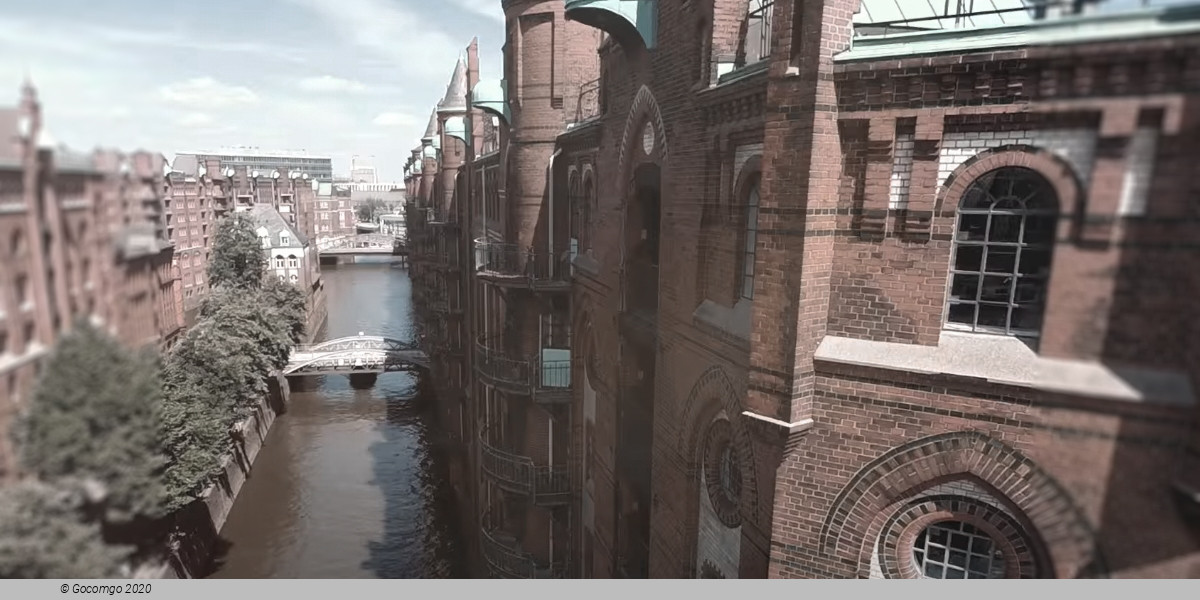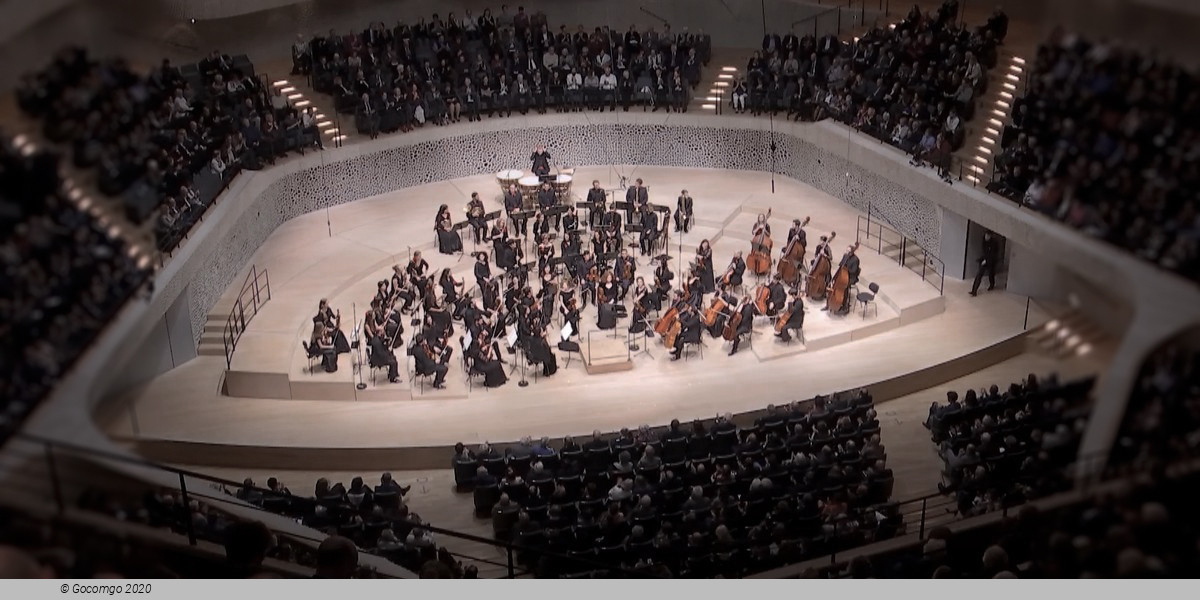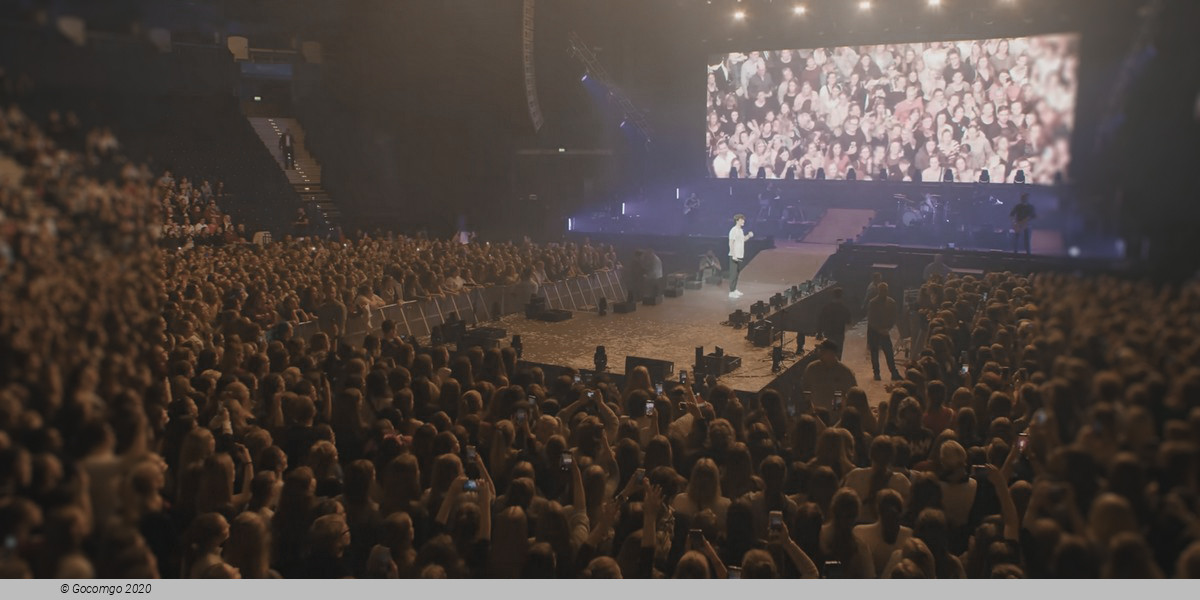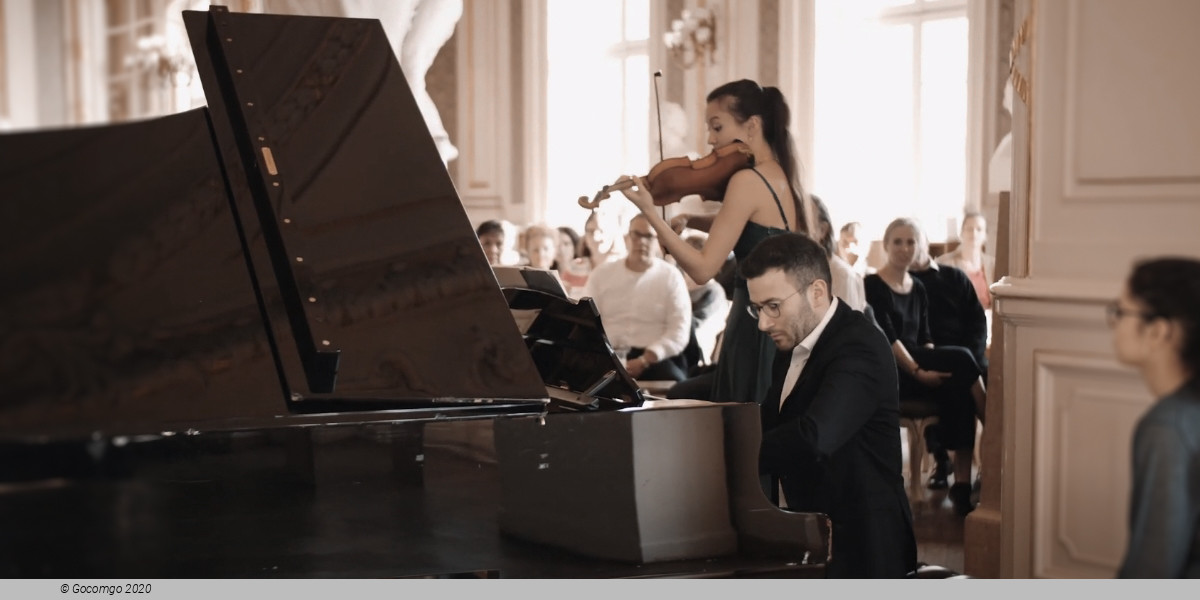Venues in Hamburg

Hamburg is the second-largest city in Germany after Berlin and 7th largest city in the European Union. Hamburg is a major international and domestic tourist destination. The Speicherstadt and Kontorhausviertel were declared World Heritage Sites by UNESCO in 2015. Aside from its rich architectural heritage, the city is also home to notable cultural venues such as the Elbphilharmonie and Laeiszhalle concert halls. It gave birth to movements like Hamburger Schule and paved the way for bands including The Beatles. Hamburg is also known for several theatres and a variety of musical shows. St. Pauli's Reeperbahn is among the best-known European entertainment districts.
Hamburg has more than 40 theatres, 60 museums and 100 music venues and clubs. In 2005, more than 18 million people visited concerts, exhibitions, theatres, cinemas, museums, and cultural events.
The state-owned Deutsches Schauspielhaus, the Thalia Theatre, Ohnsorg Theatre, "Schmidts Tivoli" and the Kampnagel are well-known theatres.
The English Theatre of Hamburg was established in 1976 and is the oldest professional English-speaking theatre in Germany, and has exclusively English native-speaking actors in its company.
Hamburg State Opera is a leading opera company. Its orchestra is the Philharmoniker Hamburg. The city's other well-known orchestra is the NDR Elbphilharmonie Orchestra. The main concert venue is the new concert hall Elbphilharmonie. Before it was the Laeiszhalle, Musikhalle Hamburg. The Laeiszhalle also houses a third orchestra, the Hamburger Symphoniker. György Ligeti and Alfred Schnittke taught at the Hochschule für Musik und Theater Hamburg.
Hamburg is the birthplace of Johannes Brahms, who spent his formative early years in the city, and the birthplace and home of the famous waltz composer Oscar Fetrás, who wrote the well-known "Mondnacht auf der Alster" waltz.
Since the German premiere of Cats in 1986, there have always been musicals running, including The Phantom of the Opera, The Lion King, Dirty Dancing and Dance of the Vampires (musical). This density, the highest in Germany, is partly due to the major musical production company Stage Entertainment being based in the city.
The city was a major centre for rock music in the early 1960s. The Beatles lived and played in Hamburg during a period from August 1960 to December 1962. They proved popular and gained local acclaim. Prior to the group's initial recording and widespread fame, Hamburg provided residency and performing venues for the Beatles from 1960 to 1962.





